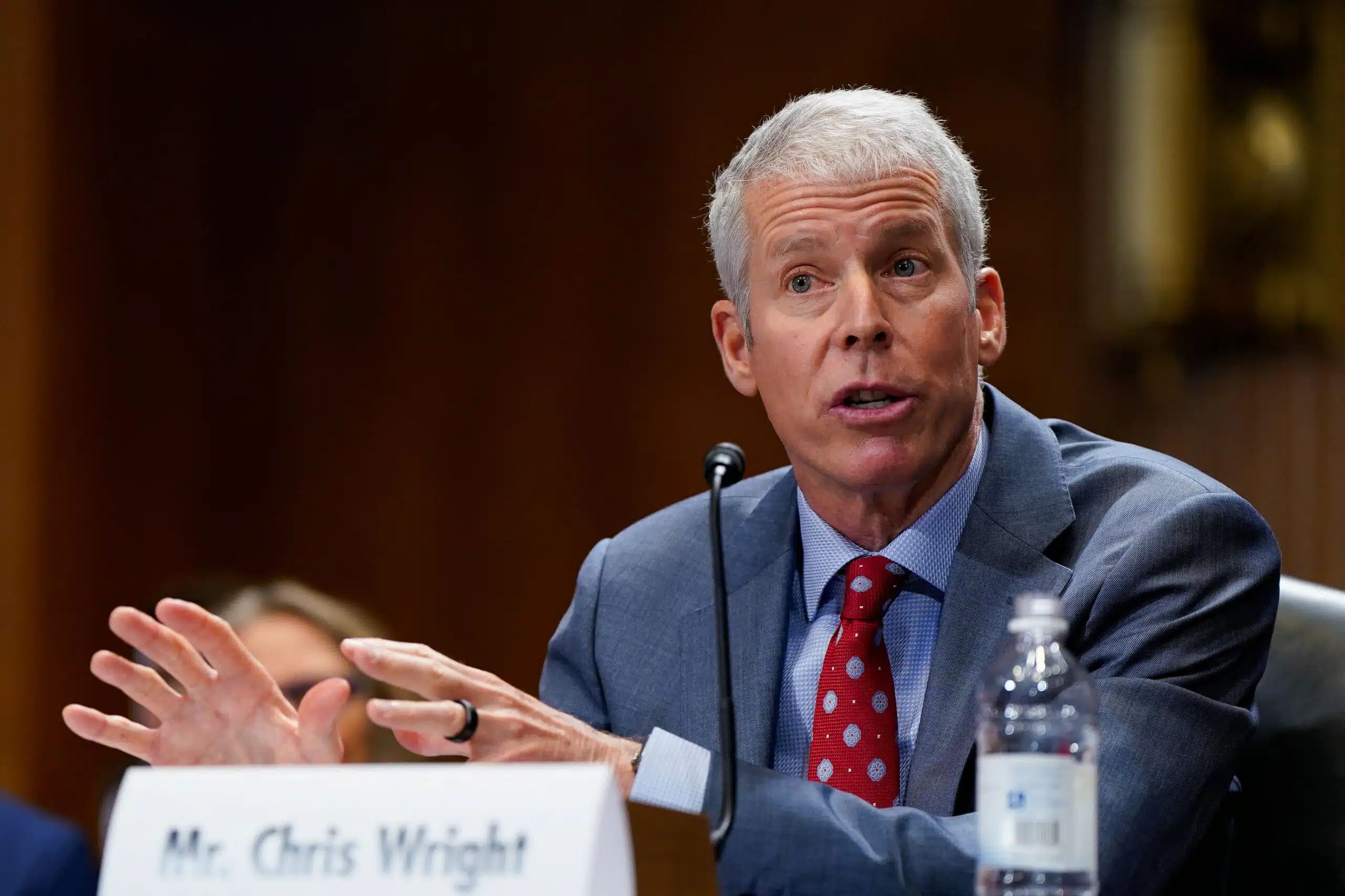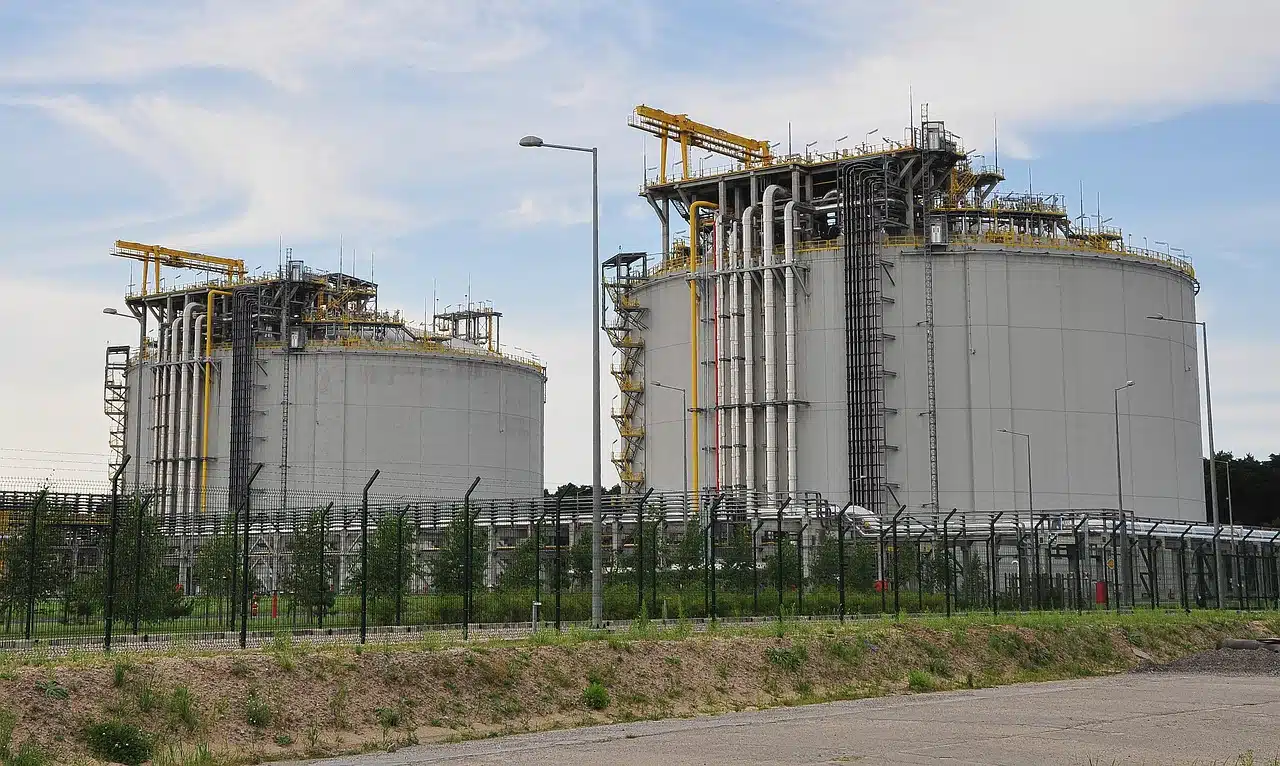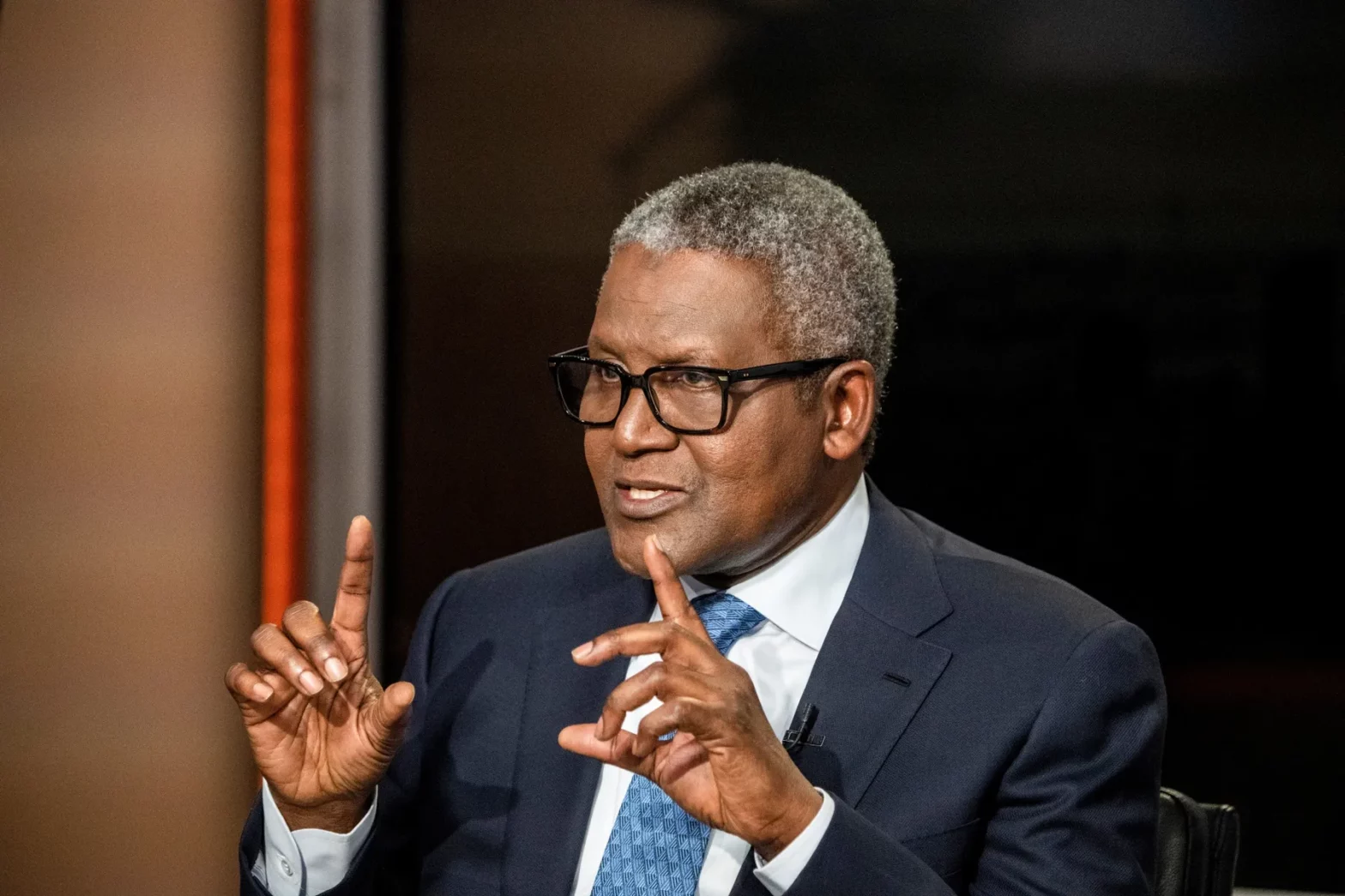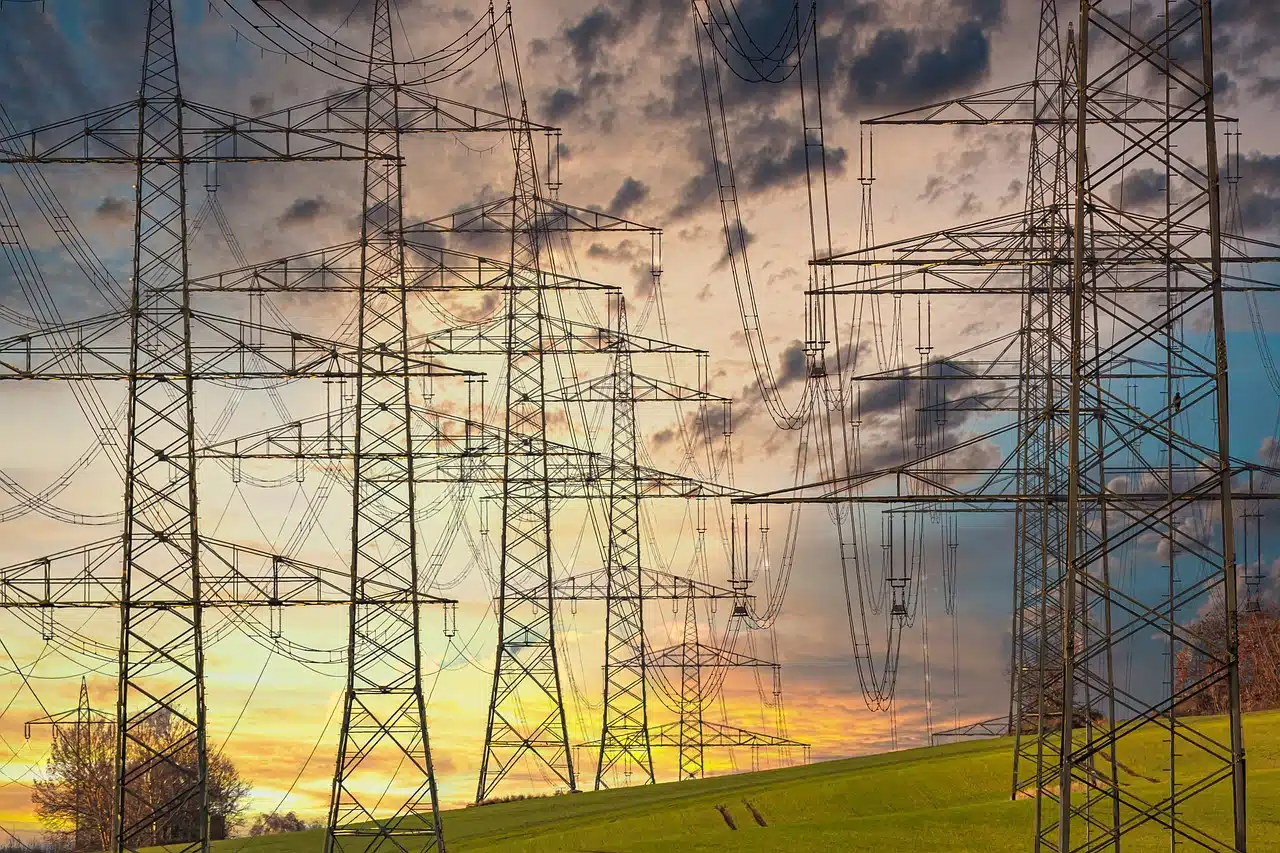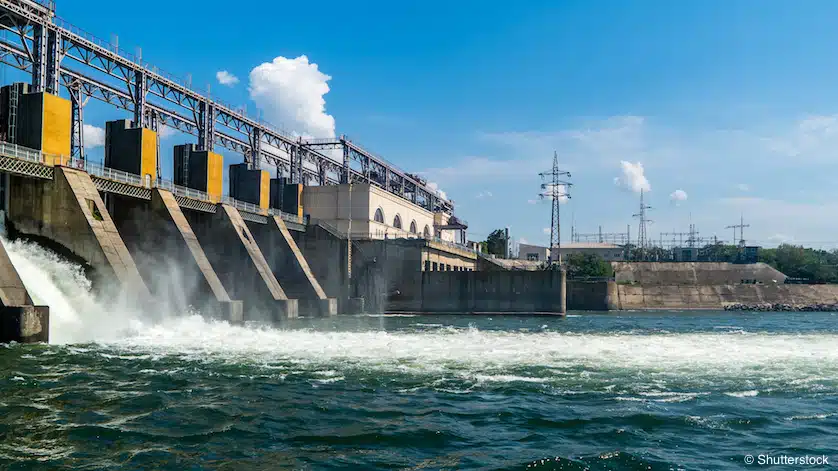At the ongoing CERAWeek 2025 conference in Houston, Texas, U.S. Energy Secretary Chris Wright highlighted significant disparities in global energy consumption, emphasizing an average African consumes less than one barrel of oil annually for energy needs.
In other words, the African continent consumes the lowest energy per capita of any region in the world.
The Energy Secretary, while delivering his remarks at the energy conference on Monday March 10, revealed this stark reality of Africa’s energy landscape that again goes to show the continent’s significant energy challenges.
For many, this statement comes as no surprise, given the historical context of Africa’s energy sector.
The continent has long struggled with energy poverty, inadequate infrastructure, and a heavy reliance on traditional biomass for energy.
“Over 2 billion people in the world today cook their daily meals and warm their homes burning wood. The indoor pollution from this activity alone is estimated to kill over 2 million people annually.
“We need more modern energy. Where is the COP conference for this far more urgent global challenge?” Wright asked.
Data indicates that Canada, with a population of approximately 40 million people and a daily oil output of 4.9 million barrels, has an annual per capita oil consumption of 44 barrels.
That figure drops to 14 barrels per year in the US.
In contrast, Nigeria, Africa’s largest oil producer and consumer, pumps approximately 1,750,000 barrels per day.
With a population exceeding 200 million, this translates to an annual per capita consumption of only about 3 barrels.
Addressing this disparity, Wright criticized the push for renewable energy in regions struggling with basic energy access.
Wright argued that imposing restrictions on fossil fuel development in Africa is misguided, stating, “Africans consume less than one barrel [of oil] per person per year. The notion that we should tell them they can’t develop fossil fuels is just misguided.”
His remarks come amid discussions on the need to balance the global energy transition with the immediate needs of developing nations.
Wright, who has been called a climate skeptic, emphasized the importance of increasing fossil fuel production to address energy poverty, suggesting that renewable sources alone are insufficient to meet the growing energy demands of developing regions.
While critics argue that expanding fossil fuel infrastructure in Africa could exacerbate environmental degradation and hinder global climate goals, proponents contend that affordable and reliable energy access is crucial for economic development and improving living standards in underdeveloped regions.
In all of these, what remains clear is that Africa must seek for innovative solutions to address its existential energy gap.
It must be able to manage transition without dropping the ball on energy security. Fortunately, the continent boasts enormous energy potential—from fossil to renewable sources.
As the global community strives for a sustainable energy future, Secretary Wright’s insights highlight the complexities of ensuring equitable energy access while addressing climate change.
CERAWeek by S&P Global is one of the world’s premier energy conferences, bringing together CEOs of top oil and gas companies, policymakers, and experts to discuss the most pressing energy issues.
It is the first major gathering of global energy leaders since Donald Trump returned to the White House.
Immediately after taking office, President Trump signed a series of executive orders that are reshaping the balance of power in the global oil sector.

